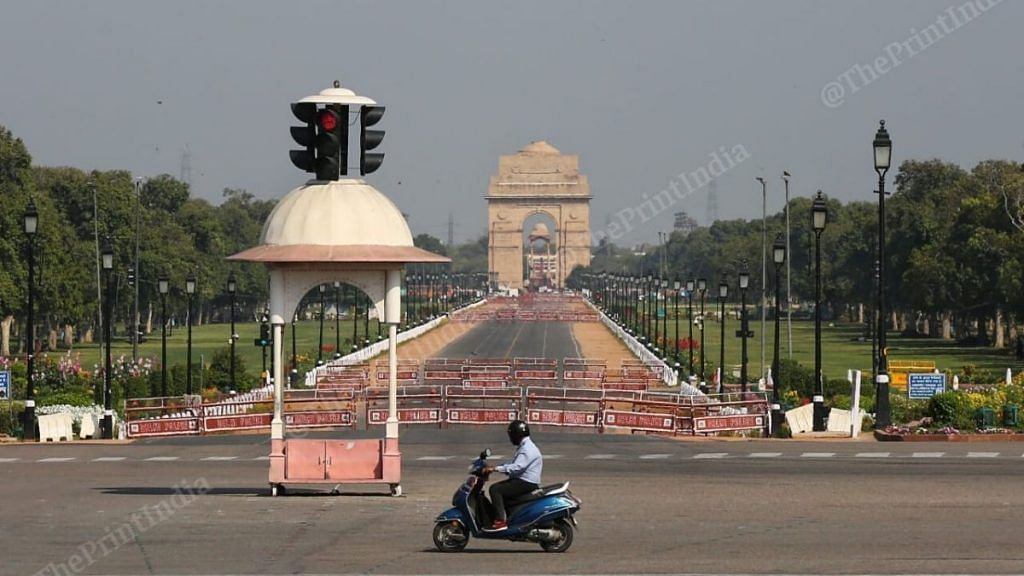New Delhi: Freedom House’s Freedom in the World report has downgraded India’s status from a ‘Free’ country to a ‘Partly Free’ country, giving it ‘global freedom score’ of 67/100 after judging it on various political rights and civil liberties.
The report noted a “multiyear pattern” as it attributed the downgrade — from a score of 71 in 2019 and 75 in 2018 to 67 in 2020 — to “rising violence and discriminatory policies affecting the Muslim population” and “crackdown on expressions of dissent by the media, academics, civil society groups, and protesters” under the Narendra Modi government.
It said criminal charges were filed against journalists, students, and others under “colonial-era sedition laws” and the the Information Technology (IT) Act in response to “speech perceived as critical of the government, notably including expressions of opposition to the new citizenship legislation and discussion of the official response to the COVID-19 pandemic”.
The report has been published by US-based non-profit organisation Freedom House, which is funded by the US government and conducts research into democracy and political freedom around the world.
‘Discrimination’ against Muslims
The report said India with about 80 per cent Hindu population is “formally secular” with freedom of religion constitutionally guaranteed, but “…a number of Hindu nationalist organizations and some media outlets promote anti-Muslim views, a practice that the government of Prime Minister Modi has been accused of encouraging.”
It also noted the Delhi riots of February 2020 where at least 53 people, “mostly Muslims”, were killed amid violence that followed “weeks of demonstrations against discriminatory changes to the country’s citizenship law”.
It said the implementation of the Citizenship Amendment Act and the government’s intention for a National Register of Citizens threatened to “disenfranchise Muslim voters by effectively classifying them as illegal immigrants”.
The report also mentioned cow vigilantism and said “attacks against Muslims and others in connection with the alleged slaughter or mistreatment of cows” continued in 2020.
It noted that Muslims were blamed for the spread of the coronavirus pandemic in early weeks of the pandemic by members of the ruling party, besides the acquittal of several prominent BJP leaders in the Babri Masjid demolition case in September last year.
Also read: Birth of India’s second republic and the challenges it will face
‘Lack of freedom’ in institutions
The report alleged that freedom of various institutions such as the Election Commission of India and the Supreme Court have been “called into question”. “The panel’s decisions concerning the timing and phasing of national elections, and allegations of selective enforcement of the Model Code of Conduct, which regulates politicians’ campaign behavior and techniques, suggested bias toward the ruling BJP.”
Talking about the amendment of the Right to Information Act, it said the salaries and tenures of the information commissioners were placed under the control of the central government, “potentially exposing the commissioners to political pressure”. It also noted “concerns that the positions (in the commissions) that have been filled are held by ruling-party loyalists”.
About the functioning of the Supreme Court, the report said several key rulings in recent years “have been favorable to the BJP”, specifically mentioning the 2019 verdict allowing the construction of Ram Mandir on the site where the demolished Babri Masjid stood.
It also remarked on the transfer of Justice S. Muralidhar in February from Delhi to Punjab and Haryana High Court and appointment of former Chief Justice Ranjan Gogoi to the Rajya Sabha.
Freedom of media and expression
The report said the authorities have used security, defamation, sedition, and hate speech laws, as well as contempt of court charges, to “quiet critical voices in the media”. It said reporting has become “less ambitious” under the Modi government, and that “Hindu nationalist campaigns aimed at discouraging forms of expression deemed ‘antinational’ have exacerbated self-censorship”.
Stating that there was added pressure on media outlets to report favourably, the report noted: “In a March video conference (last year) with the heads of India’s largest newspapers, Prime Minister Modi called on media to help prevent the spread of ‘pessimism, negativity, and rumor mongering’, which many perceived to be a warning not to criticize officials’ management of the pandemic.”
It also claimed that academic freedom has declined and that academics, professors and students are intimidated. “Academics face pressure not to discuss topics deemed sensitive by the BJP government, particularly India’s relations with Pakistan and conditions in Indian Kashmir.”
Also read: The meaning of govt’s new IT rules for OTT, digital media & the serious concerns they raise
